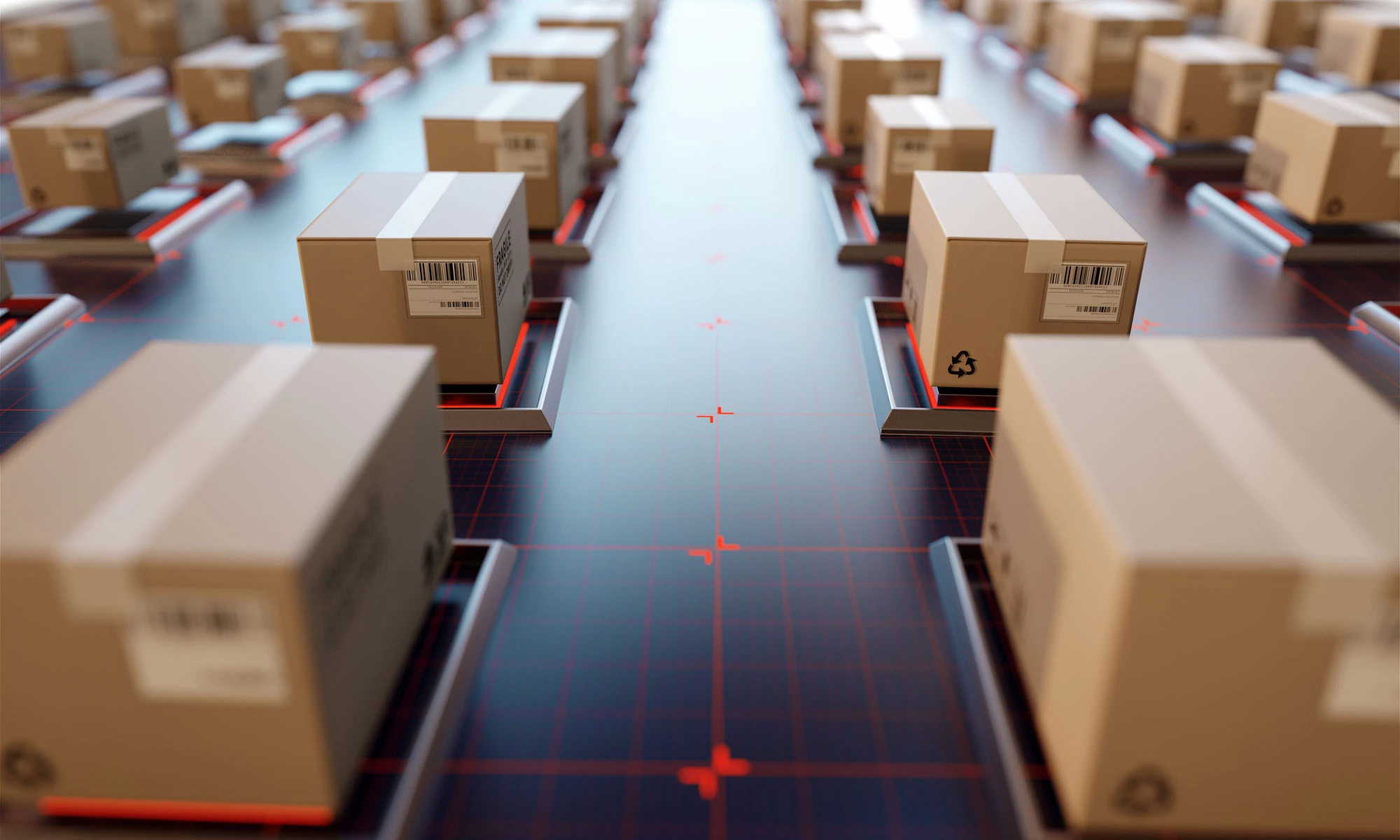Implementation premises
The most important and at the same time most critical deadline (18 months after the Ordinance comes into force) concerns the import of coupling components according to the specified standards and the introduction of the new label with all necessary information. Up to 24 months after the new regulations come into force, old parts from manufacturers and OEMs may still be sold in the Brazilian market, but after the 24th month only components that meet the new requirements may be sold. For third parties this period shall be 36 months.
The components must be permanently marked with specific information according to the current status and installation and operating instructions must be supplied. The technical standards on the basis of which the components must be manufactured and tested are already mentioned in the draft text.
Possibility of exemption
Usually the responsible authority grants a number of exemptions in order to relieve suppliers and OEMs or to exempt certain vehicle models for which higher quality standards can be assumed. For certain product categories, for example, there is an exception for components which are used in series production, for assemblies or on the basis of the performance or selling price of a vehicle. Another particularly attractive feature for coupling components is the low-volume regulation, which removes the certification requirement for particularly low import volumes.
To date, there are no known signs of exemptions rules within this new draft regulation and the scheme does not allow any conclusions to be drawn. Experience over the past few years has shown, however, that in Brazil in particular there is no rule without exception and it can be assumed that the product category trailer hitch will also be added to at least one exemption rule if it becomes subject to certification.
It remains to be seen how the authority will decide and when a regulation will actually enter into force. A detailed analysis of the requirements and the planning of implementation measures is therefore not yet neccessary, but the monitoring of legal changes and updates is recommended to ensure a proper implementation.

